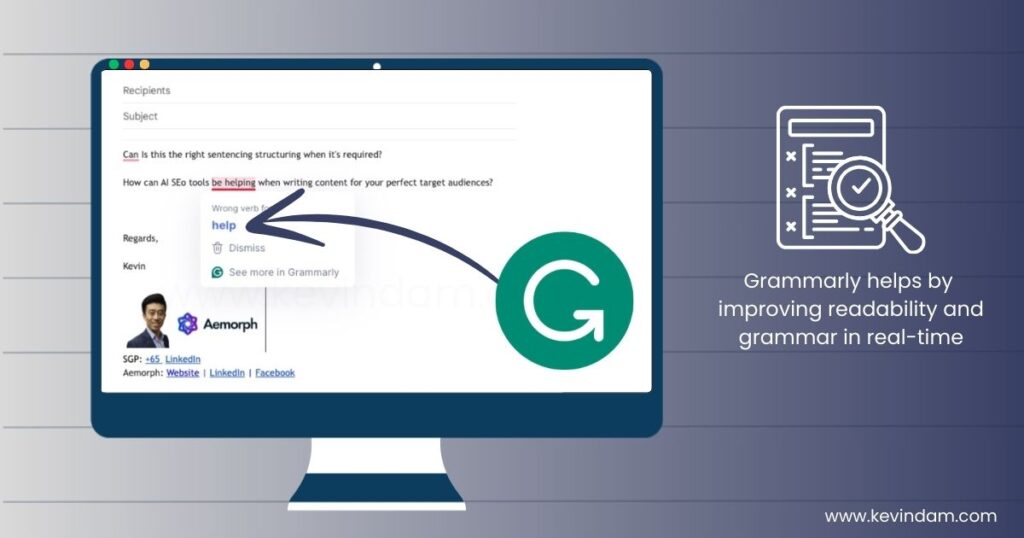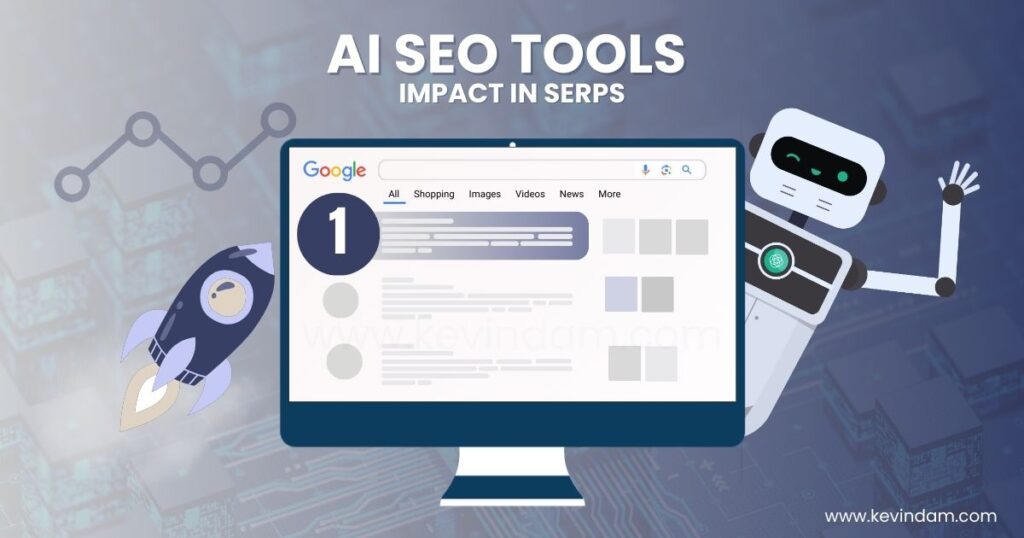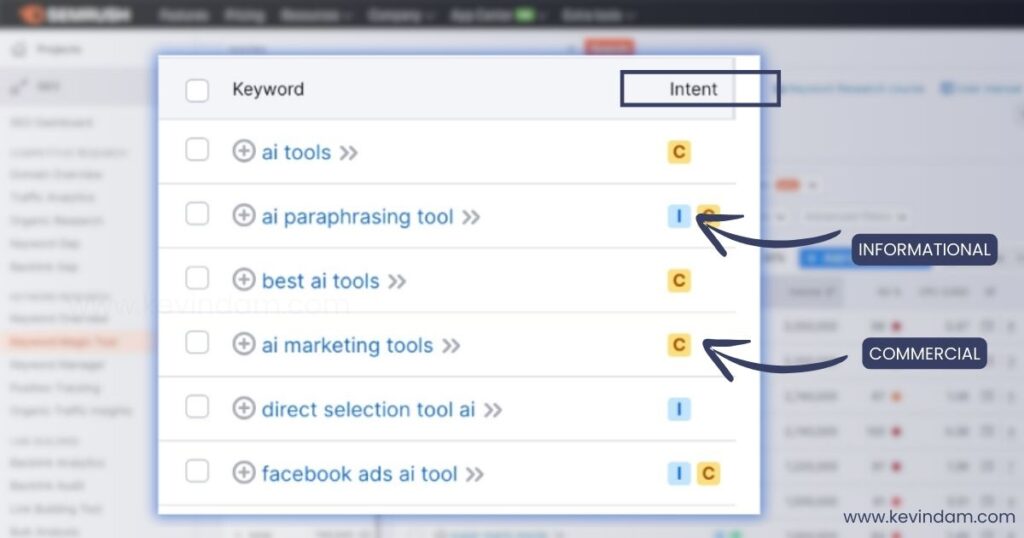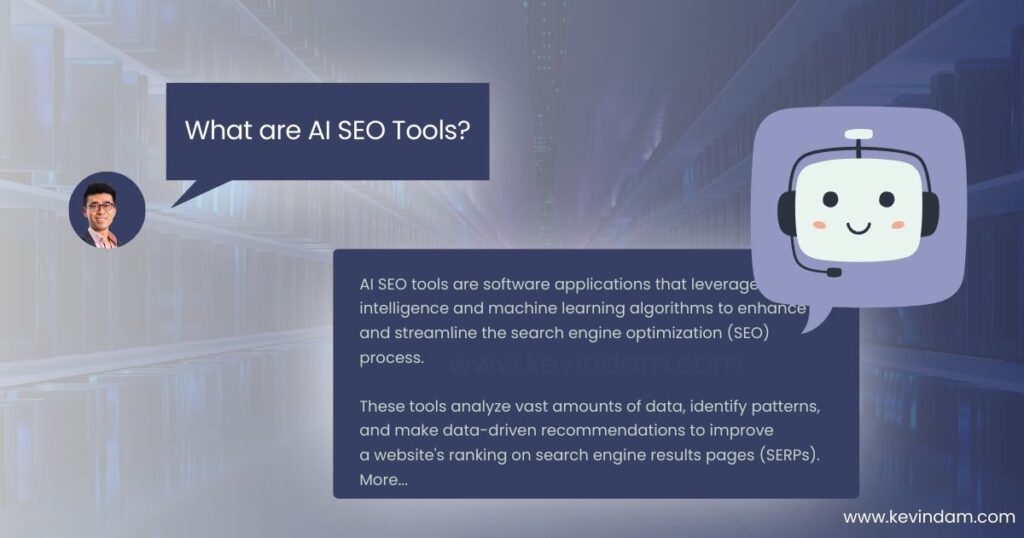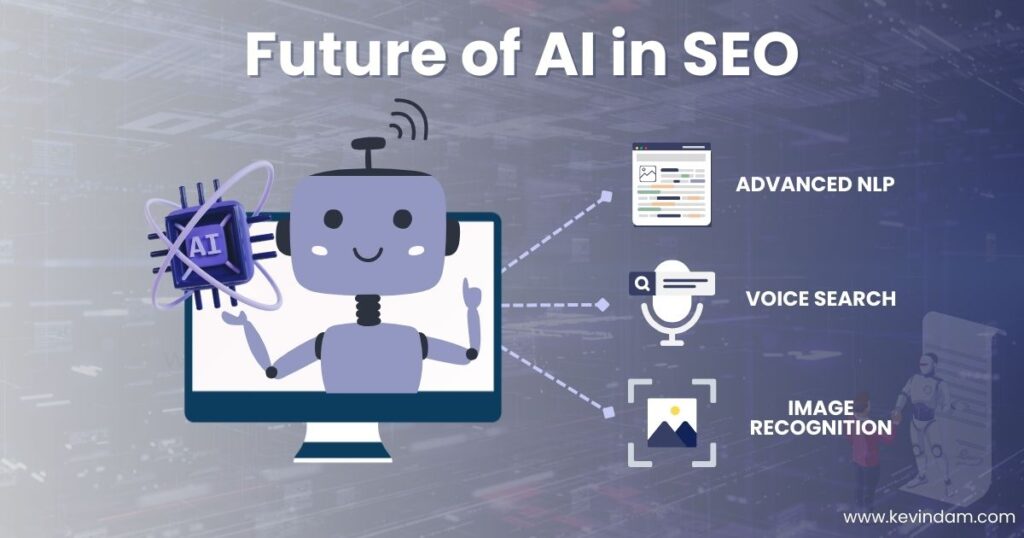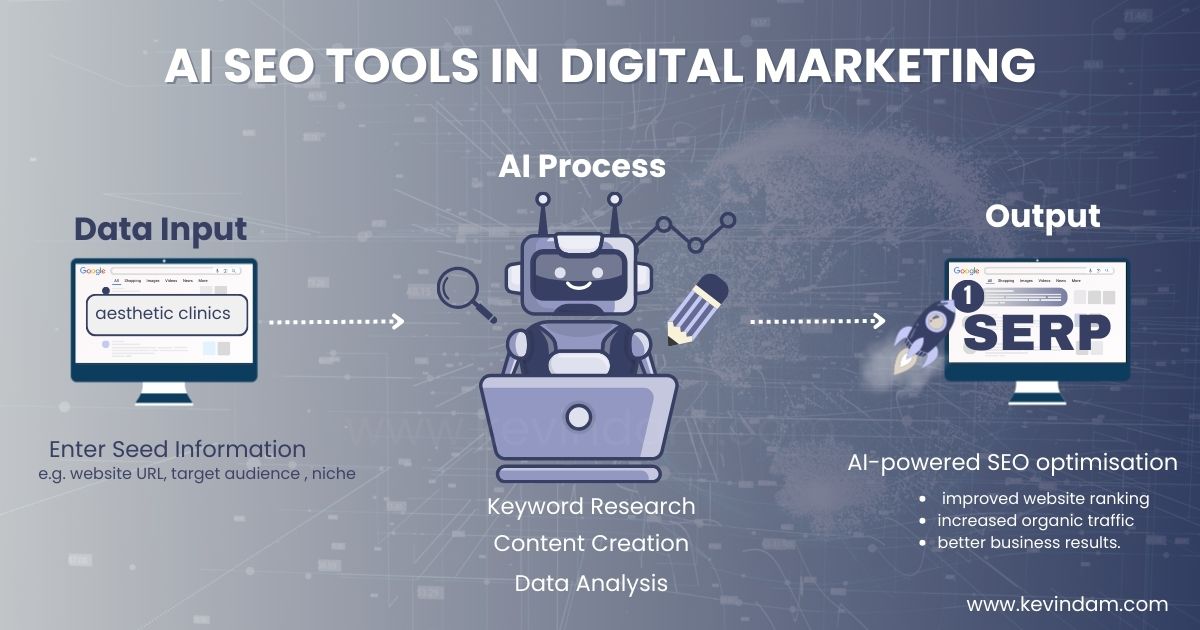
Last Updated August 15, 2024
AI SEO Tools: Advanced Optimisation Techniques for Higher Rankings
AI SEO tools are game-changing assets in online strategy. Imagine having a team of assistants working 24/7 to optimise your website for search engines. AI SEO tools offer exactly that – automating time-consuming tasks, providing in-depth insights into user behaviour, and empowering you to create content that resonates with your target audience.
This comprehensive guide explores the transformative role of AI SEO tools in digital marketing by automating and optimising time-consuming tasks such as keyword research and content creation. These tools utilise advanced AI algorithms to analyse user behaviour and market trends, enhancing online strategy and boosting search engine rankings. Implementing AI in SEO leads to increased traffic, engagement, and a more rewarding return on investments in content marketing.
How AI SEO Tools Can Enhance Marketing Strategy
Imagine having a team of tireless workers assisting in crafting compelling content, conducting intricate keyword research, and analysing mountains of data—all while continually learning and improving. That’s the advantage AI SEO tools bring to your marketing strategy. Here are another few examples:
Effortless Efficiency
AI SEO tools can automate time-consuming and repetitive tasks like keyword research, content optimisation, and competitor analysis, freeing your valuable time to focus on higher-level strategic planning.
Instead of spending hours sifting through data or manually performing keyword research, these tools can swiftly tackle these chores, freeing up your time to focus on more strategic marketing efforts. Just think about the countless hours I could save—hours that could be invested in refining your overall marketing strategy or exploring new areas for growth.
Data-Driven Insights
AI-powered tools analyse vast amounts of data to uncover valuable insights into user intent, keyword trends, and competitor strategies. This means you can tailor your content to your audience’s needs and preferences. The insights from these tools can guide you in crafting content that not only ranks well on search engines but also captures the interest of potential customers. This results in higher user engagement, lower bounce rates, and increased conversions—key metrics directly impacting the business’s bottom line. It’s like having a keen-eyed virtual assistant constantly scanning the digital landscape for opportunities to improve your content.
Enhanced Content Quality
AI can analyse your content and suggest improvements based on SEO best practices and user behaviour patterns, aiding in creating informative, engaging, and relevant content for your target audience. This results in higher rankings and increased conversions.
Additionally, AI SEO tools excel in generating SEO-rich long-form content, allowing for consistent production of compelling material. With these tools, you can establish yourself as an industry authority, effectively addressing user needs and seamlessly incorporating relevant keywords. These tools utilise advanced algorithms to identify data trends, important keywords, and innovative strategies to enhance marketing campaigns.
Some available AI SEO software enhances readability, grammar and tone. I’ve subscribed to Grammarly for over five years and use it across all my web browsers. This allows me to easily adjust sentences without spending too much time reviewing my writing. I can dismiss their suggestion or simply click the suggested option, which will immediately replace what I’ve written.
This type of tool streamlines my content creation process and helps improve the overall quality of my written material.
AI SEO software offers more than just automation. It drives efficiency, provides data-driven insights, and enhances content creation, directly impacting business success online.
The Uplift in Search Engine Results with AI SEO
AI SEO tools can improve a website’s organic visibility and lead generation. A recent study revealed that 65% of businesses using AI for SEO get better traffic results. This surge in web traffic indicates how AI technology can efficiently optimise content and improve its visibility on search engine results pages (SERPs).
Moreover, the same survey demonstrated a 68% higher content marketing ROI due to AI. This emphasises the impact of AI-driven optimisation techniques on improving a website’s conversion potential and generating valuable, high-quality leads for the business.
These findings exemplify how AI SEO tools play a big role in driving meaningful outcomes for businesses. They highlight how advanced optimisation techniques can lead to tangible growth across various performance metrics.
The data from the survey emphasises the positive correlation between AI SEO implementation and business success:
- 65% of businesses using AI for SEO get better results in their traffic.
- 68% higher content marketing ROI due to AI
These findings prove how AI SEO tools play a big role in driving meaningful outcomes for businesses. They highlight how advanced optimisation techniques can lead to tangible growth across various performance metrics.
AI’s Role in Enhanced Performance and Growth
Artificial intelligence (AI) plays a crucial role in enhancing performance and driving growth in SEO through various advanced techniques. Here are the key ways AI contributes to SEO success.
Personalising Content
One of the most powerful tools in your SEO professional toolkit is the ability to create personalised, targeted content that resonates with your intended audience. AI SEO tools enable you to understand user behaviour and preferences, allowing you to create more engaging and highly relevant content for your users. It also helps tailor content to meet individual user needs by analysing user data such as search history, location, and browsing patterns. This level of personalisation improves user experience, increases engagement, and ultimately leads to higher conversions.
Predictive Analysis
AI isn’t just a tool for understanding what users are interested in right now; it’s also capable of forecasting future trends and consumer behaviour. Through complex algorithms and data analysis, AI can predict shifts in user preferences, search patterns, and market demands, allowing SEO professionals like you to adjust strategies proactively. This predictive analysis also gives you a valuable edge—you can anticipate changes in search engine algorithms and user behaviour, allowing you to adapt strategies before these changes impact your rankings.
Advanced Automation
AI has significantly simplified and automated various SEO tasks, allowing quick adjustment to algorithm changes and market trends. From content generation to link building and performance tracking, AI tools handle repetitive tasks efficiently and accurately, freeing your time for strategising and innovation. This automation level saves time, resulting in heightened efficiency and superior outcomes.
After understanding how AI optimises SEO performance, I’ll explore the diverse spectrum of AI SEO tools shaping the digital landscape.
Exploring the Spectrum of AI SEO Tools
AI SEO tools can transform your approach to search engine optimisation. These advanced tools provide many functionalities that greatly enhance and optimise SEO. Join me as I delve into what these tools can do and how they aid your SEO strategy.
Search Intent Analysis
Understanding and meeting users’ needs when they search is key to crafting relevant and engaging content. AI tools analyse user behaviour patterns, search queries, and content metrics to interpret query intent. This helps me create content that precisely addresses user needs.
Caption: screenshot from Semrush with their intent analysis of the SERPs
AI’s ability to discern user intent has enabled me to deliver highly targeted content that effectively addresses user queries. This improves search engine rankings and user satisfaction, attracting more interest and increasing engagement and conversion rates.
Automatic Content Generation
AI generates SEO-rich articles based on specified parameters and keywords, saving time and ensuring consistent content creation. These tools employ natural language processing and machine learning algorithms to craft high-quality content aligned with the target audience’s interests and search preferences. It’s like having a proficient writer available, producing keyword-optimised articles that resonate with the audience. Automatic content generation enhances content creation efficiency, freeing resources to focus on other strategic SEO aspects.
Real-time SERP Analysis
Real-time data is crucial for you to make well-informed optimisation decisions in the dynamic digital landscape. AI-powered tools offer real-time analysis of search engine results pages (SERPs), enabling marketers to implement dynamic optimisation strategies proactively. Monitoring keyword rankings and identifying trending topics through real-time SERP analysis allows you to promptly adjust to evolving search trends and algorithmic changes. Real-time SERP analysis in your toolkit will help you adapt quickly to changing search trends, grab new opportunities and avoid potential risks.
These features demonstrate how AI SEO tools give marketers advanced capabilities that change the SEO scene. Next, I’ll explore keyword analysis platforms further.
A Look into Keyword Analysis Platforms
Keyword analysis platforms or keyword tools are your secret weapons in the battle for search engine rankings. They offer insights into what people are searching for so you can customise your content effectively. With features like search trends analysis, competition analysis, and keyword suggestions, all based on AI’s understanding of user behaviour and preferences, they help you stay ahead by aligning your content with users’ search interests.
For example, Rank Math offers an average of 200 keyword suggestions per search with an 85% accuracy in keyword difficulty score, providing valuable data. Then there’s SurferSEO, which offers an average of 250 keyword suggestions per search with a 90% accuracy in keyword difficulty score, giving me even more precise insights into keyword competitiveness.
The Power of AI Understanding
One remarkable aspect of these keyword platforms is their ability to understand user intent and behaviour through AI. They don’t just show you which keywords are most searched for; they also reveal keywords based on your goals and uncover competitor keywords. This deeper insight enables you to craft content that aligns perfectly with your target audience’s wants.
In addition to user behaviour analysis, these platforms utilise AI understanding to suggest semantically related keywords and provide real-time SERP analysis. This means you can get up-to-the-minute insights into how your content currently ranks and where you can improve.
Now that you’re starting to see how important AI tools are in your SEO plan, here’s how to use this smart tech for the best results
Discovering Solutions for Optimising Content
Knowing how to optimise content is vital to connecting with online audiences. Here are a few ways to maximise your online performance.
Detailed On-Page Optimisation Guidance
AI-powered content optimisation solutions go beyond placing simple keywords. They provide detailed guidance for on-page optimisations like title tags, meta descriptions, heading structures, and image alt text. This comprehensive approach ensures that every aspect of your content is finely tuned to meet SEO best practices while resonating with your intended audience.
These tools’ ability to offer tailored on-page optimisation suggestions based on user behaviour and intent enhances your content’s search visibility and engagement—a critical factor in achieving higher rankings and conversions.
Using AI for Enhanced Content Optimisation
Most people rely on traditional methods to optimise content for improved search engine rankings, which involve best practices and manual implementations. However, since AI-driven tools have become more sophisticated, content optimisation has become more sophisticated. These advanced tools use machine learning to assess content performance and offer real-time suggestions to enhance its relevance and visibility.
From my extensive experience in the SEO field, I can attest to the immense impact that AI-driven content optimisation solutions have had on digital marketing strategies. Using the power of machine learning, these AI tools carefully analyse each piece of content to identify areas for improvement, offering real-time suggestions that ensure adherence to SEO best practices, be it on-page optimisation or semantic keyword integration.
Integrating Semantic Keywords Seamlessly
One remarkable feature of these AI-driven tools is their capability to seamlessly integrate semantic keywords. These tools suggest relevant semantic keywords that improve content relevance and contribute to enhanced visibility in search engine results. They constantly provide insightful recommendations for incorporating semantically related keywords that improve your content’s visibility on search engines. One thing I’m sure of is that traditional optimisation methods cannot match this precision and guidance.
Advancing Content Relevance and Visibility through AI
I’ve witnessed how AI tools empower digital marketers and content creators. AI enhances the process by prioritising the improvement of content relevance and visibility through intelligent suggestions derived from machine learning insights. Integrating semantics, user intent analysis, and on-page optimisation within a single platform has greatly simplified content visibility enhancement efforts while following SEO guidelines.
Using AI-driven content optimisation solutions brings a new era of precision, efficiency, and effectiveness in ensuring that online content meets and exceeds established SEO standards, providing users with impactful experiences that resonate.
So, how do we continue redefining online visibility dynamics?
Navigating the Future of AI in SEO
The landscape of search engine optimisation is always changing, with AI playing a bigger role. As I move forward, understanding technological developments and trends that will define the future of AI in SEO becomes essential.
Advancements in natural language processing have become a game-changer, allowing search engines to better understand user queries and deliver more precise results. Crafting content that aligns with user intent is becoming even more crucial.
Image recognition technology also transforms how search engines index and rank visual content. Optimising images effectively will be paramount for maintaining online visibility as more users engage with visual search.
Voice search optimisation is another critical area that will shape the future of SEO. With the increasing use of voice-enabled devices, such as smartphones and smart speakers, tailoring content for conversational searches will be essential.
For instance, you need to optimise content to address long-tail keywords and conversational language patterns, which will be essential for capturing voice search traffic. Your SEO strategies must account for these new modes of user interaction, ensuring that your content remains accessible and relevant across various search platforms.
AI-driven content generation tools will improve, helping marketers create good content. This presents both opportunities and challenges. While it can streamline content creation processes and boost productivity, it also prompts questions about the authenticity and originality of AI-generated content versus human-authored material. With that in mind, Google actively eliminates any ‘unhelpful’ AI-generated content. So, you have to ensure that your articles deliver value to readers.
Marketers using AI in SEO will gain new tools but need to change their work habits. Embracing AI’s potential in SEO while remaining mindful of its implications will undoubtedly provide a competitive edge in the dynamic digital landscape.
Conclusion
Incorporating AI SEO tools into your digital strategy can transform your online optimisation approach. These advanced tools streamline tasks and offer valuable insights and real-time data analysis, enhancing your content’s relevance and performance. Harnessing AI for SEO can definitely improve search engine rankings, drive engagement, and increase conversions, leading to a more successful digital presence.

